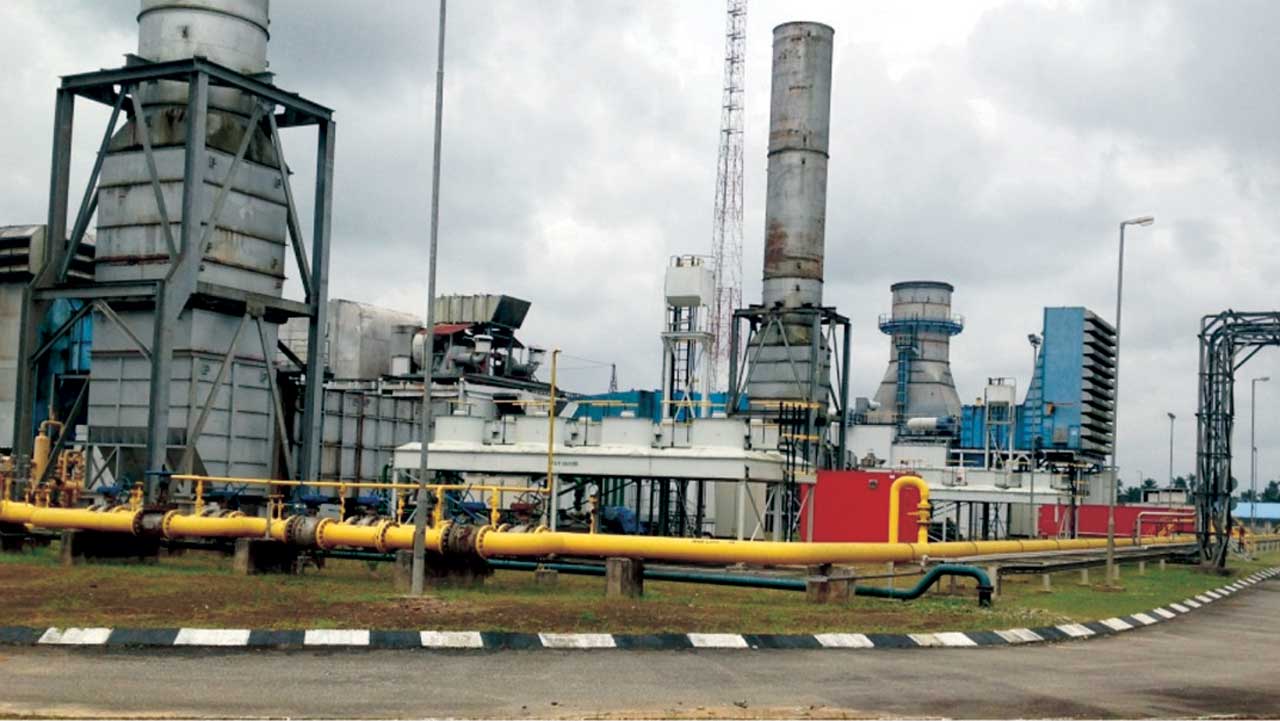Business
Nigeria hits record-high power generation, but will it translate to reliable electricity?

In what is being hailed as a significant milestone for Nigeria’s power sector, the Transmission Company of Nigeria (TCN) has announced a new peak power generation of 5,543.20 megawatts (MW); the highest in the nation’s history.
The record was set on Friday, February 14, 2025, at 11:00 pm, surpassing the previous high of 5,478.73MW, which was recorded just a day earlier. It also came with another breakthrough: Maximum Daily Energy Distribution reached an all-time high of 125,159.48 megawatt-hours (MWH), beating the earlier record of 121,674.88MWH from February 7.
In its official statement on Wednesday, TCN credited the achievement to ongoing efforts to enhance the country’s power infrastructure. The increase, it said, reflects the commitment of President Bola Tinubu’s administration and the Minister of Power, Chief Adebayo Adelabu, in tackling Nigeria’s long-standing electricity challenges.
Read Also: AGF Fagbemi says Nigeria governors guilty of treason for taking over LGs
Yet, for many Nigerians, these numbers—however impressive—raise a more pressing question: Will this lead to more stable and reliable electricity in homes and businesses?
For years, Nigerians have lived with erratic power supply, frequent grid collapses, and high electricity tariffs with little improvement in service delivery. Despite hitting new highs in generation capacity, many consumers still experience prolonged blackouts, load shedding, and poor voltage supply.
While breaking records in power generation is an important milestone, industry experts caution that the real challenge lies in distribution and transmission. Nigeria’s electricity grid has a history of being overstretched, with poor infrastructure and distribution bottlenecks often preventing generated power from reaching end users effectively.
The TCN statement noted that the newly generated electricity was successfully transmitted to distribution companies but whether that translates to tangible improvements for Nigerians remains to be seen.
For now, this development offers a glimmer of hope in Nigeria’s long and complicated journey toward reliable electricity. But the real measure of success will not be in the megawatts recorded on paper; it will be in the lights that stay on in Nigerian homes and the businesses that no longer have to rely on expensive generators to survive.
Join the conversation
Support Ripples Nigeria, hold up solutions journalism
Balanced, fearless journalism driven by data comes at huge financial costs.
As a media platform, we hold leadership accountable and will not trade the right to press freedom and free speech for a piece of cake.
If you like what we do, and are ready to uphold solutions journalism, kindly donate to the Ripples Nigeria cause.
Your support would help to ensure that citizens and institutions continue to have free access to credible and reliable information for societal development.


























